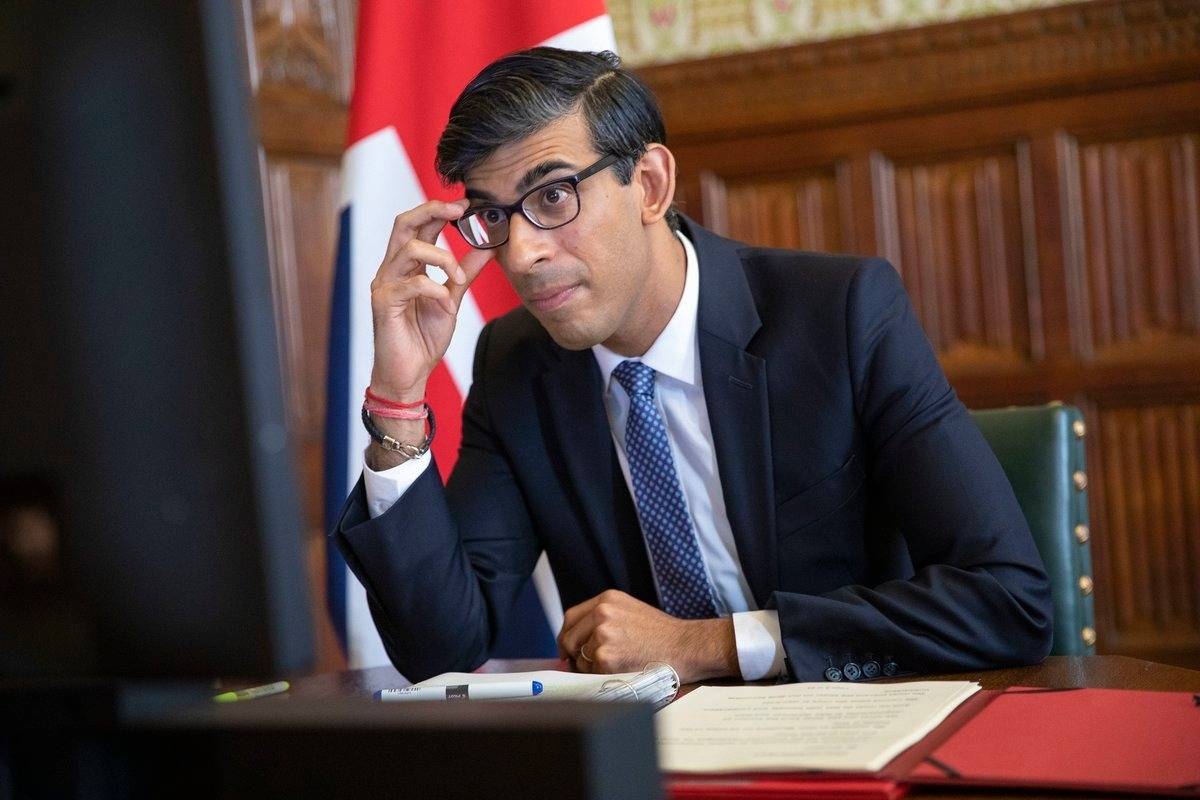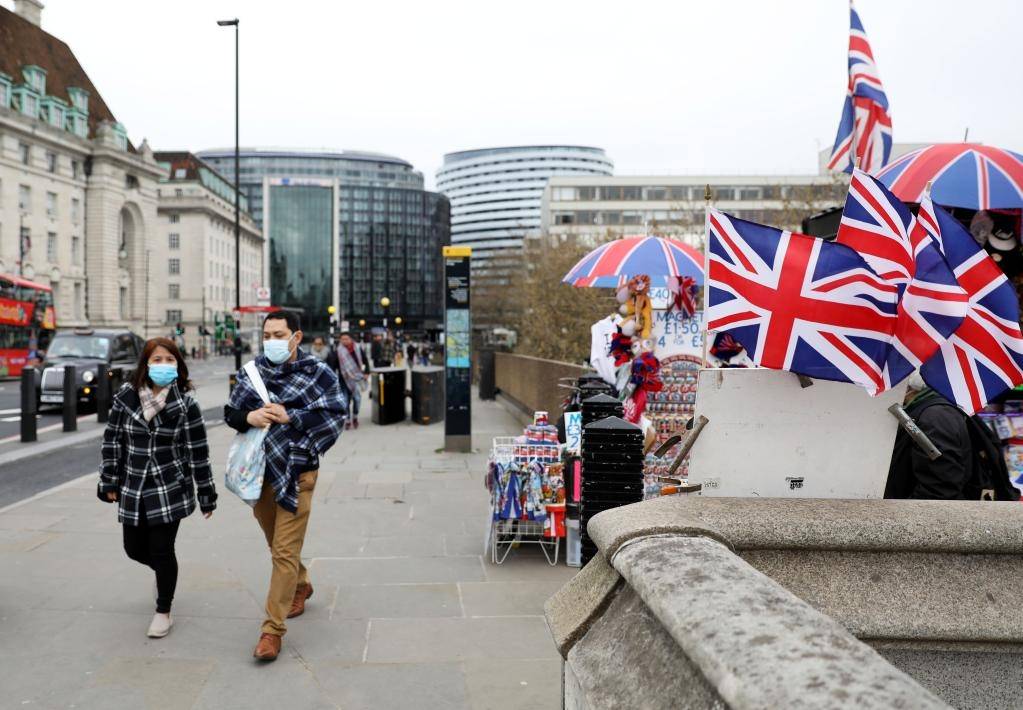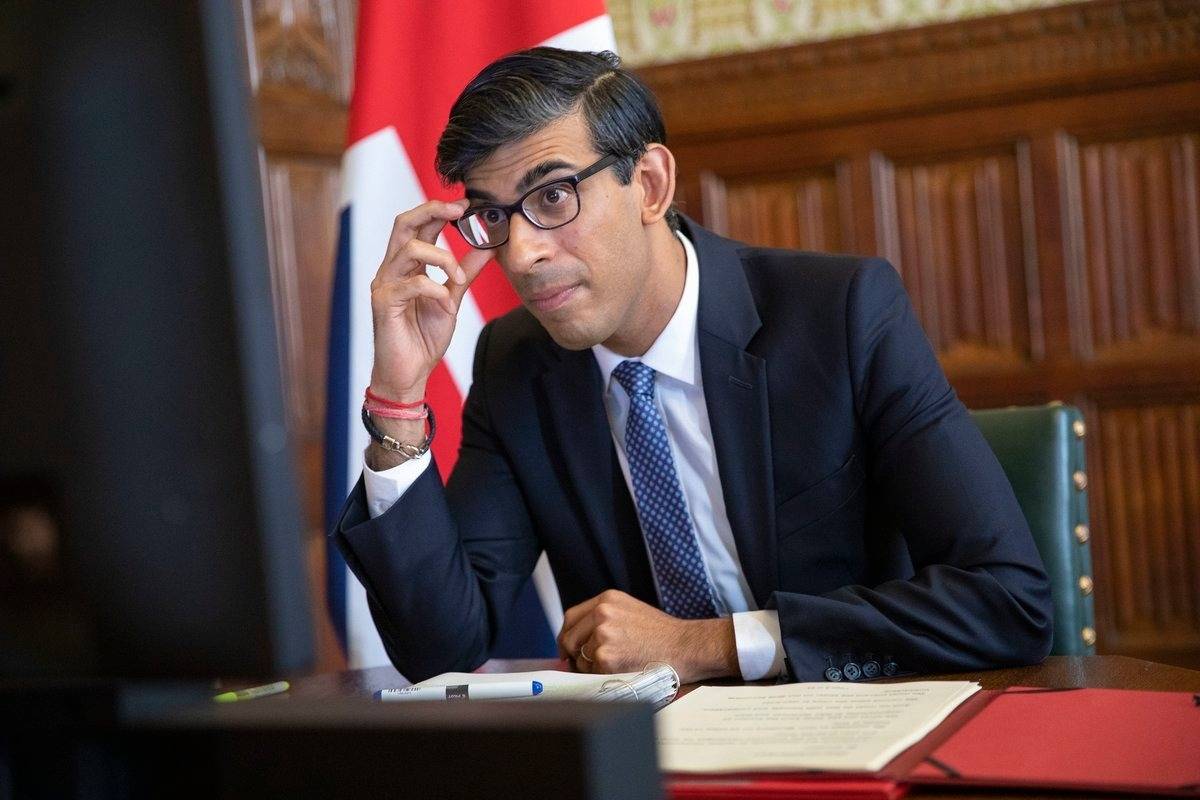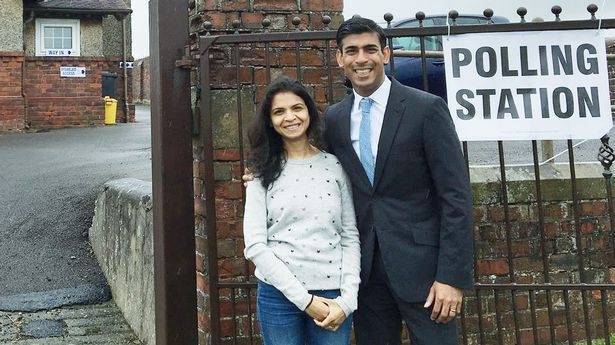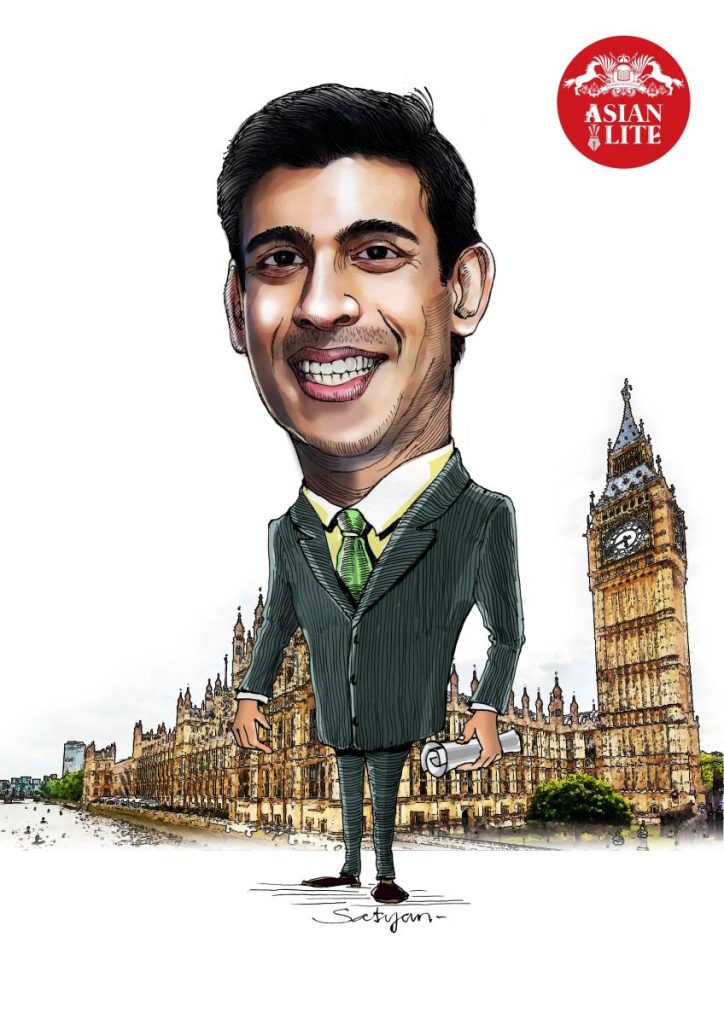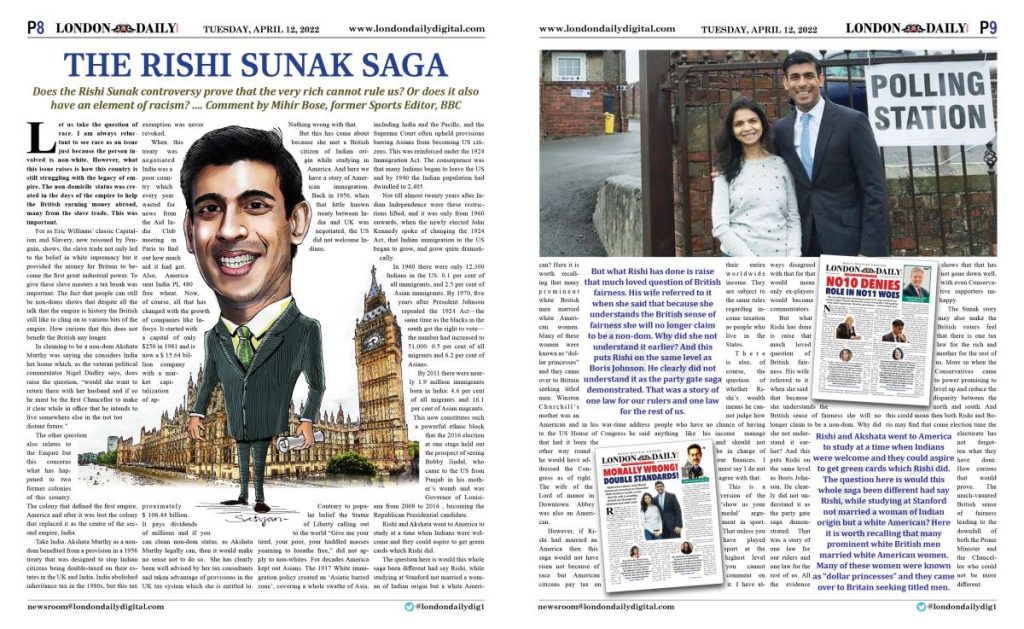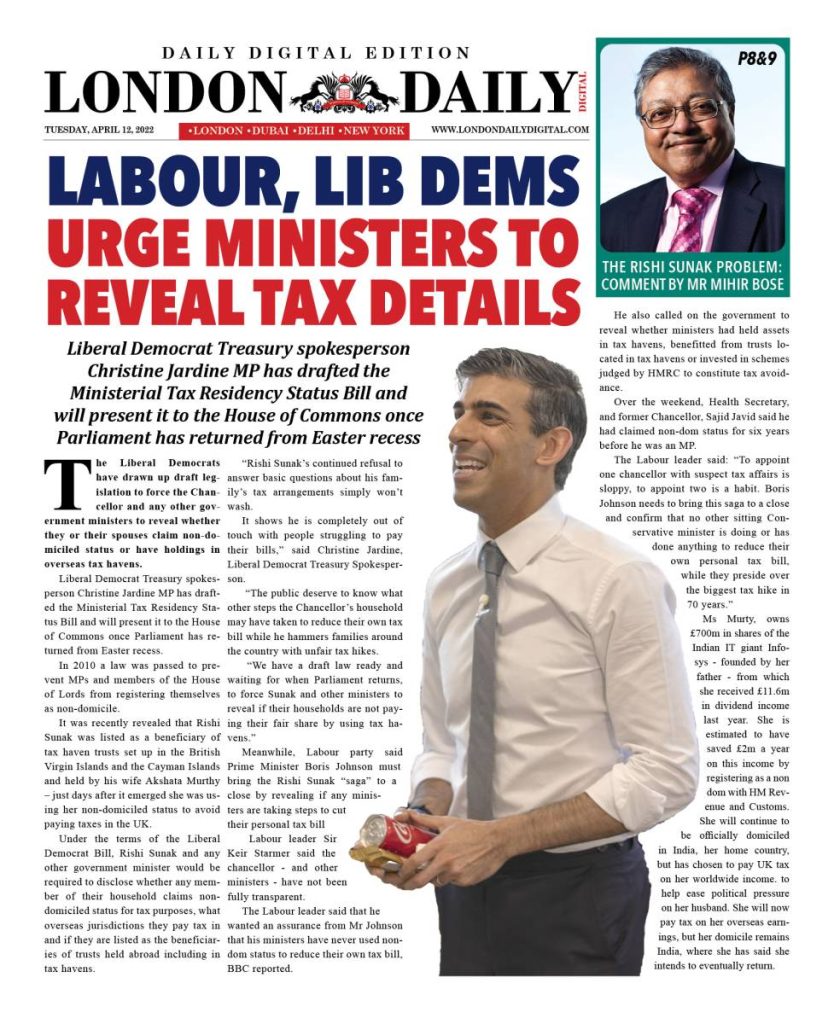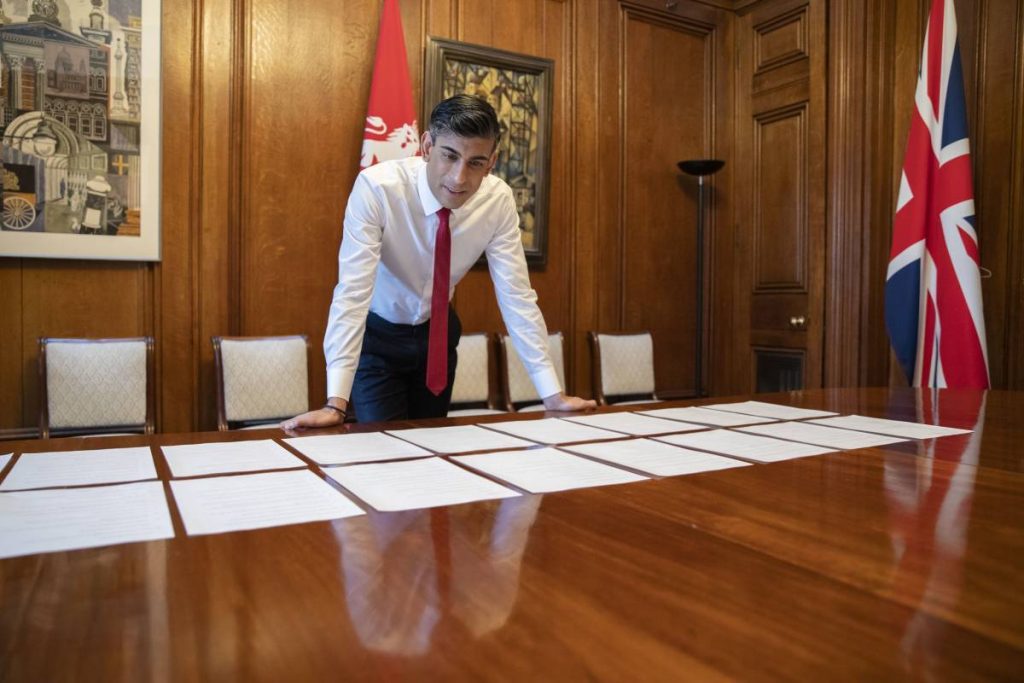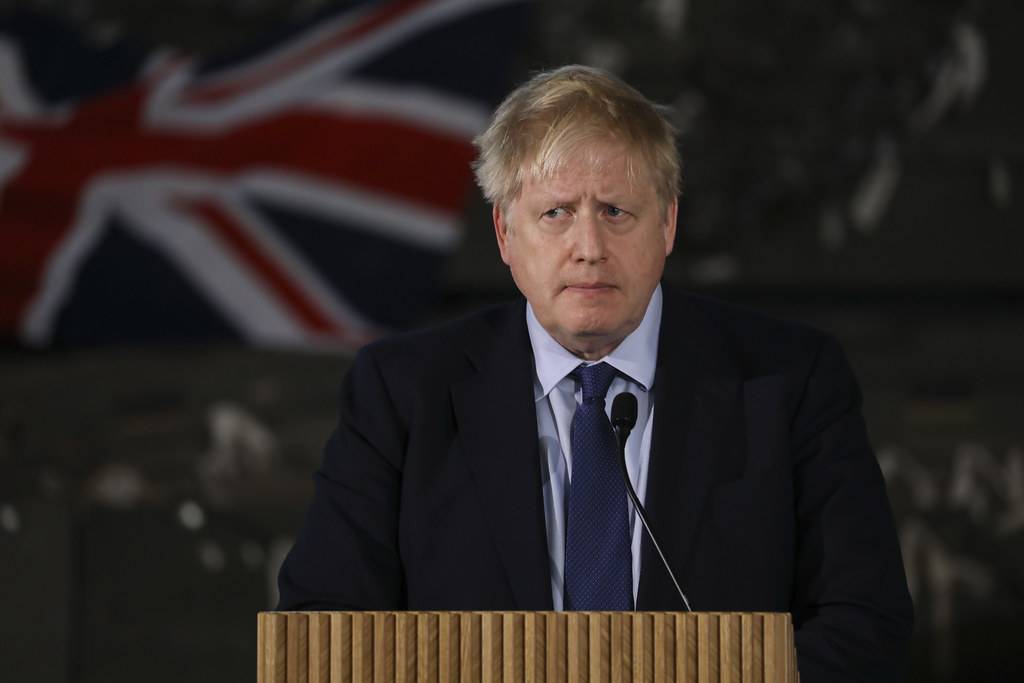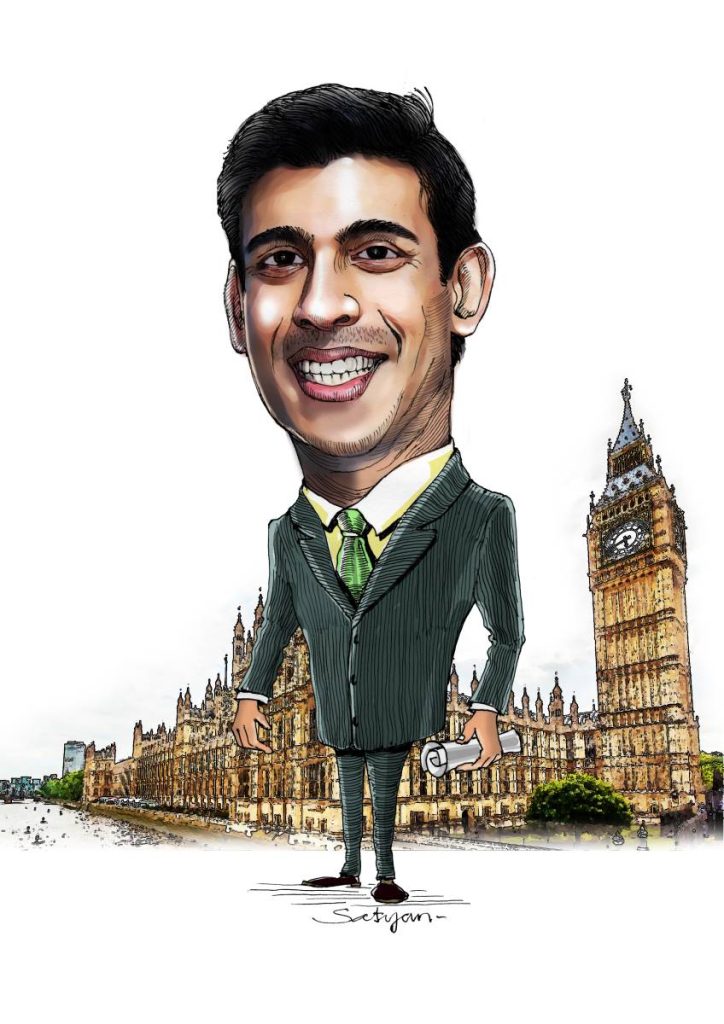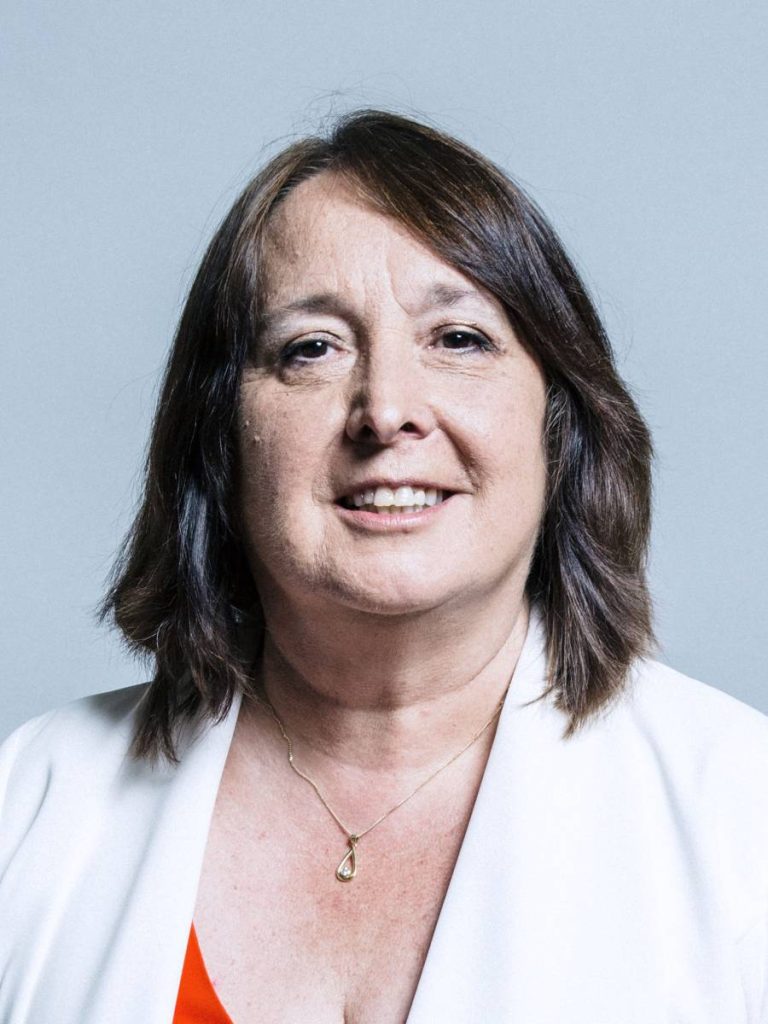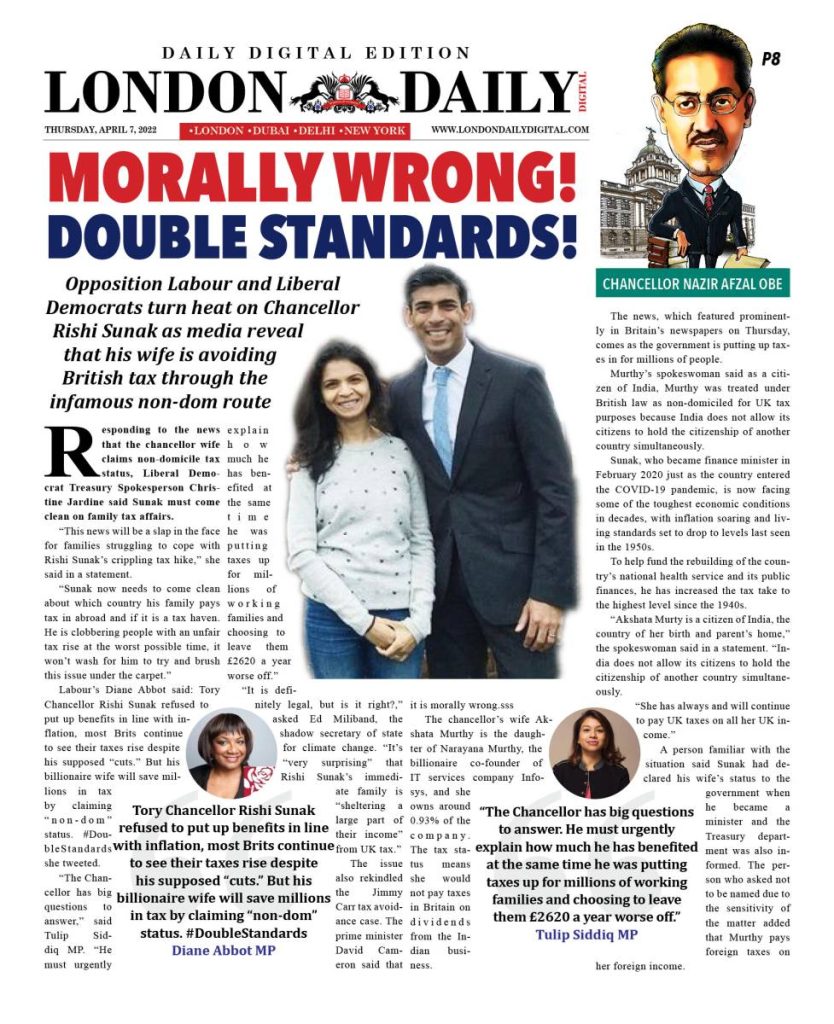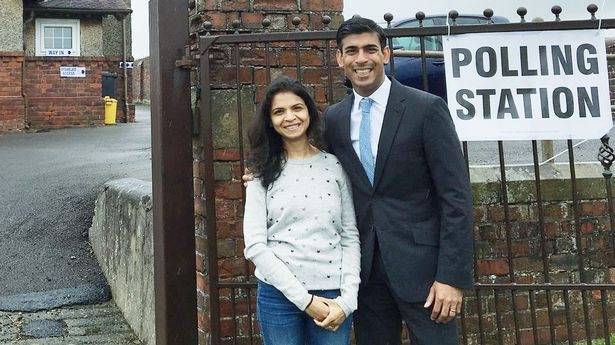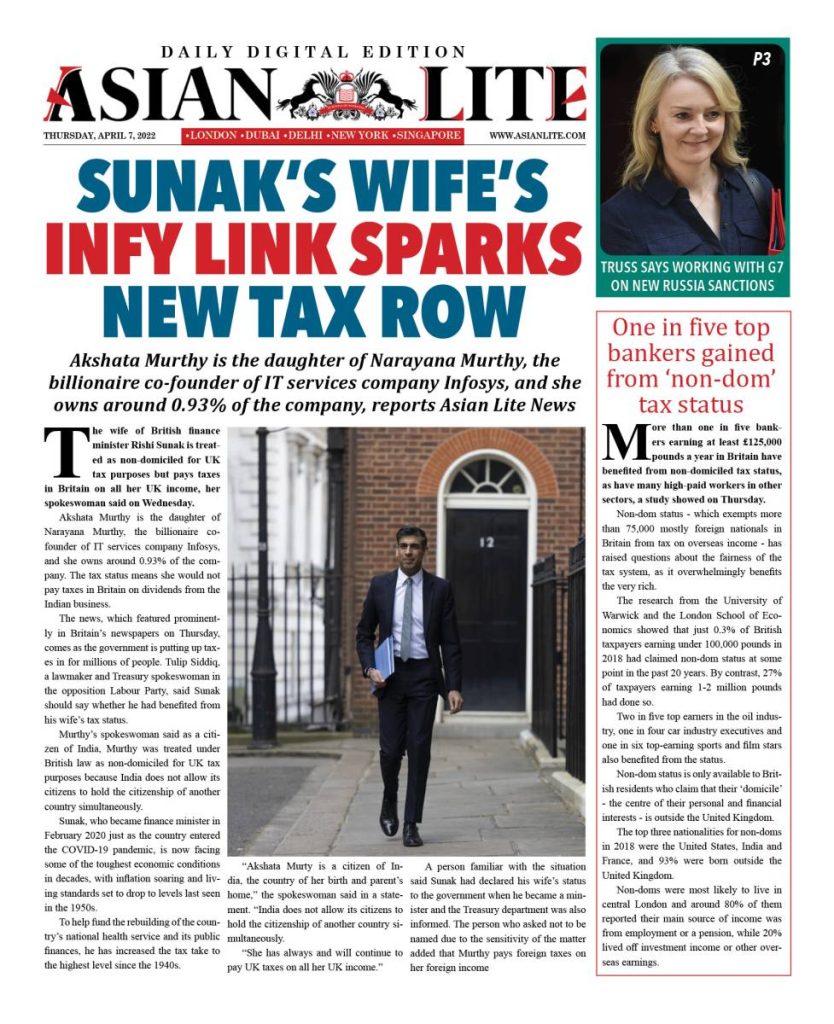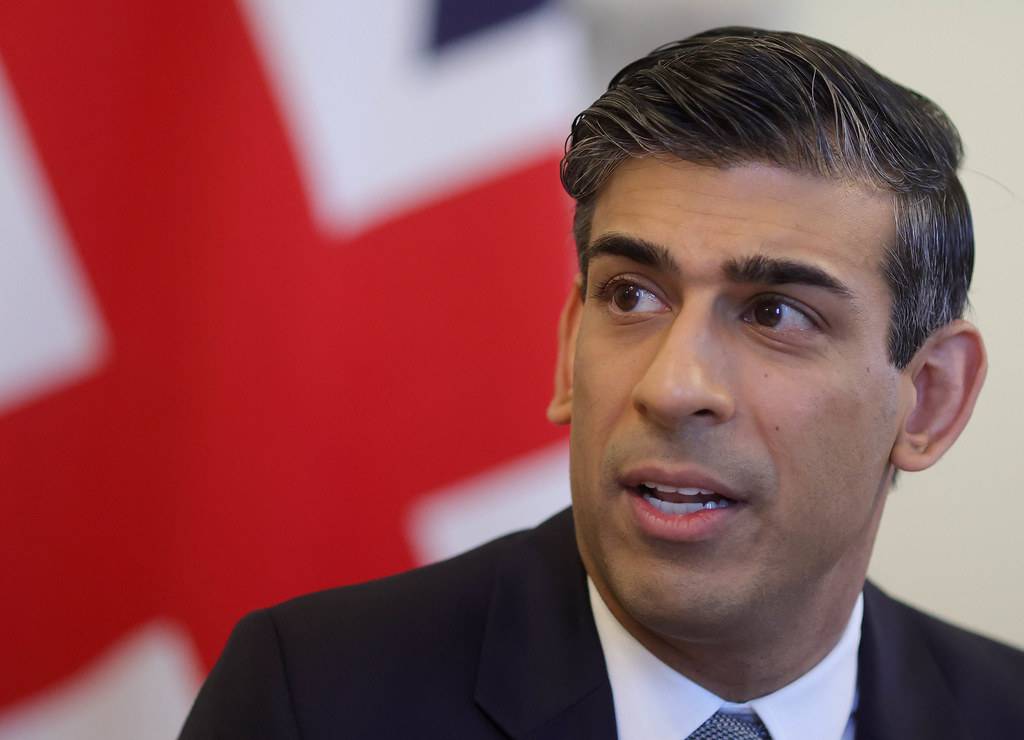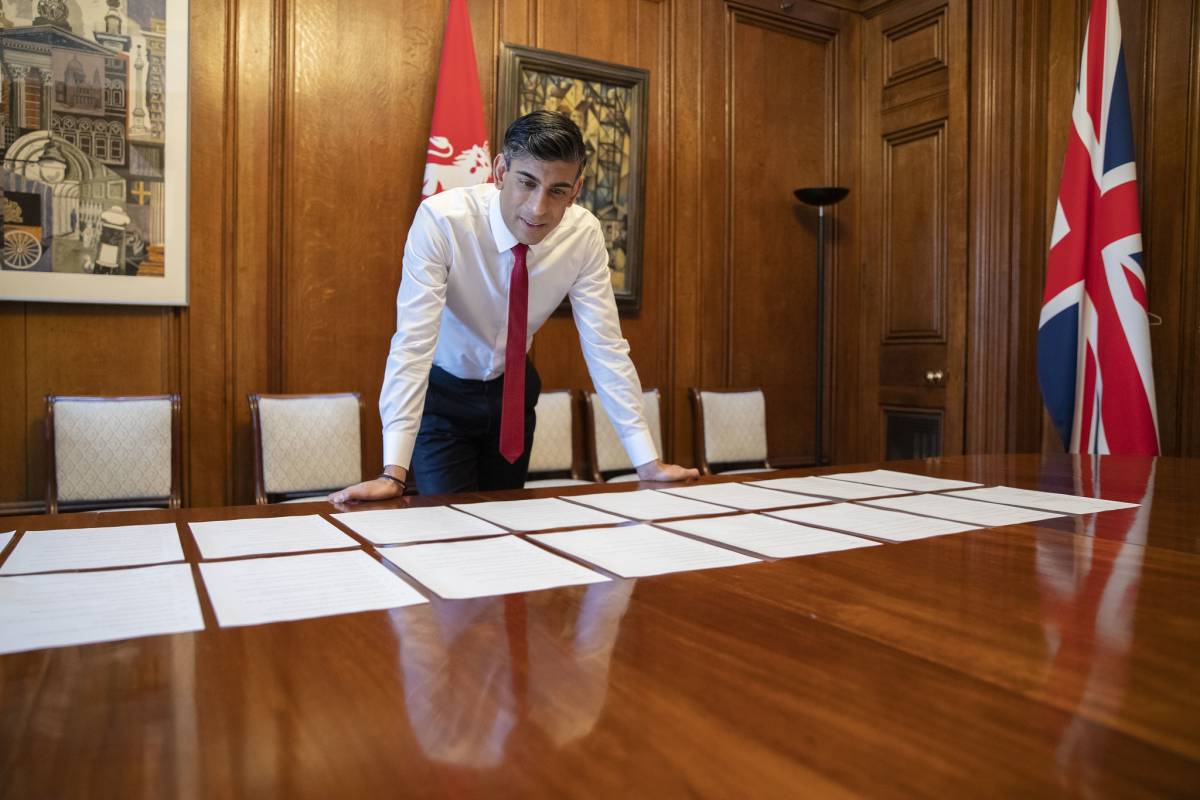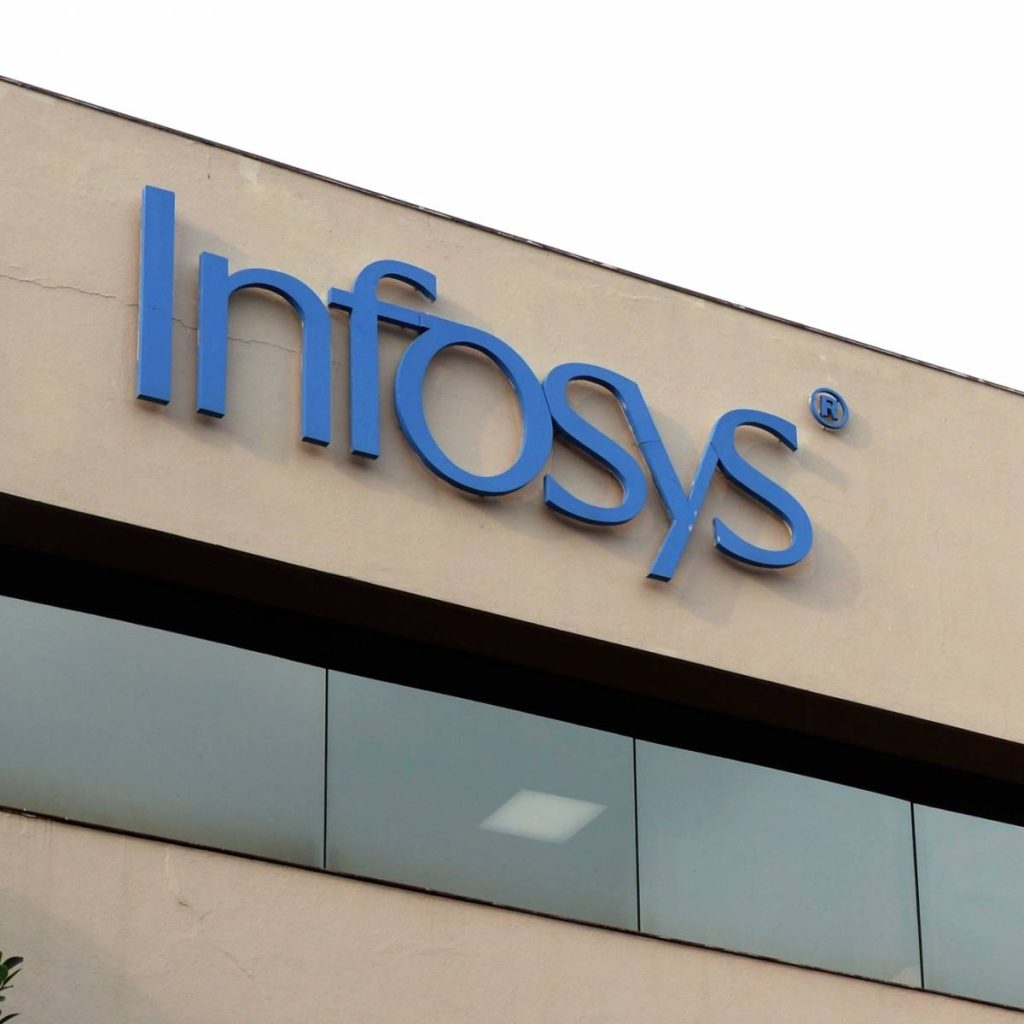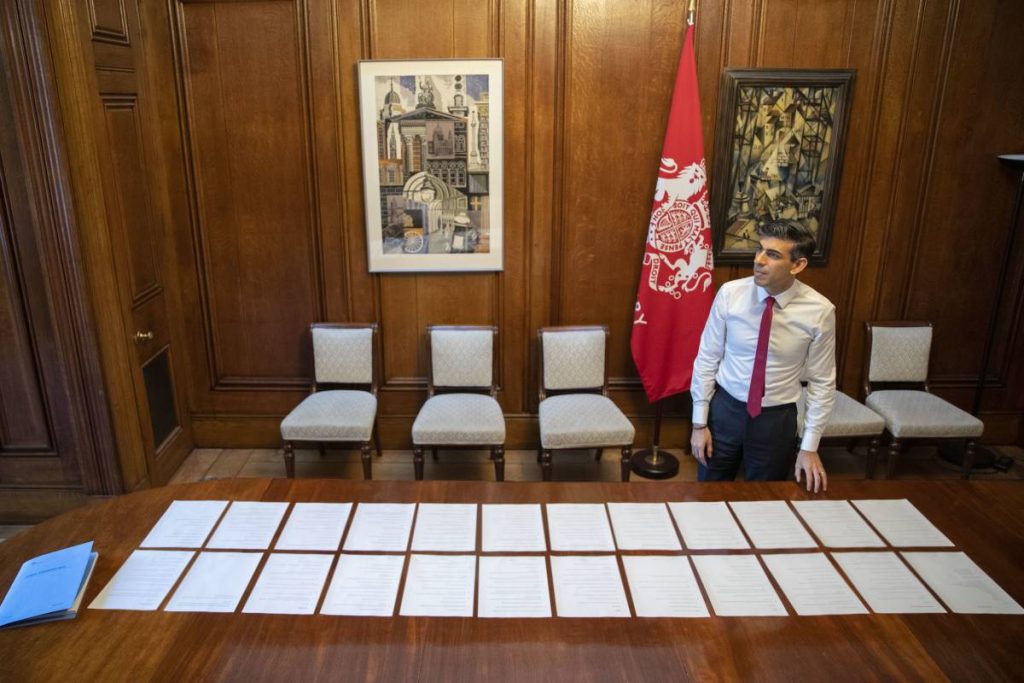“The constant protection of pensioners seems ludicrous in itself and in these circumstances particularly crazy,” O’Neill told the BBC Radio 4’s Today programme on Wednesday…reports Asian Lite News
Rishi Sunak has defended the government’s decision to raise the basic state pension in line with inflation as teaching unions across the UK threatened to go on strike this autumn.
Speaking to reporters in London after inflation hit 9.1 per cent on Wednesday, the chancellor said the government would be responsible with borrowing and debt “so we don’t make the situation worse”.
Sunak said paying pensioners an increase of about 10 per cent next April, after the government reinstated its triple-lock guarantee, was less inflationary than accepting such wage demands even though both add to demand and spending in the economy.
“The slight difference with pensions is pensions are not an input cost into the cost of producing goods and services we all consume so they don’t add to inflation in the same way,” he said.
The National Education Union (NEU) and NASUWT-The Teachers’ Union, made the 12 per cent wage demand to Nadhim Zahawi, education secretary, citing the soaring cost of living and the impact of a decade of real-terms cuts to teachers’ pay, the Financial Times reported.
The contrast between ministers’ readiness to defend the living standards of the elderly with cuts to the real incomes of non-pensioners drew criticism, however, from Lord Jim O’Neill, a former Treasury minister in David Cameron’s Conservative government.
“The constant protection of pensioners seems ludicrous in itself and in these circumstances particularly crazy,” O’Neill told the BBC Radio 4’s Today programme on Wednesday.
By threatening to strike, teaching unions have set up a clash with Boris Johnson’s Conservative government as it tries to keep a lid on public sector pay demands.
The NEU set out its reasoning for demanding an 11.7 per cent increase in a letter to Zahawi on Wednesday, saying the figure matched current retail price inflation (RPI), which it argued was a better measure of the price of goods in the shops.
It added that the pay rise was essential to address a sharp rise in teacher vacancies in secondary schools and arrest the high number of staff quitting the profession within five years of qualifying.
Mary Bousted and Kevin Courtney, joint general secretaries of the NEU, said that without “sufficient action” by the government, they would ballot members for strike action and be “strongly encouraging” them to vote in favour.
“You must respond to the new economic reality of double-digit inflation and the threat this poses to teacher living standards. We call on you to commit to an inflation-plus increase for all teachers,” they wrote.
The demand comes two days after the NASUWT asked for a 12 per cent pay rise this year, warning the profession faced an “existential emergency” following 12 years of real-terms pay cuts that it said had shrunk the value of salaries by 20 per cent in real terms.
“We will not allow cuts to our members’ pay and attacks on their pensions,” said Patrick Roach, NASUWT general secretary. “If a pay rise is not awarded, it will be won by our members in workplaces through industrial action.”
Unions have said the combination of eroded pay and increased workload is responsible for a rise in teacher vacancies and early departures from the profession that were undermining the government’s efforts to increase staff numbers.
“One in four teachers have left by the end of three years, one in three by the end of five,” Bousted and Courtney wrote to Zahawi. “You cannot afford to turn away from these figures and the reality behind them.”
Both unions have said they will wait for the government’s response to pay recommendations from the School Teachers’ Review Body, which is expected at the end of the school year.
The government has suggested a 3 per cent rise in its evidence to the body, but unions said this predated the recent surge in inflation. The STRB’s recommendations are not binding on ministers.
ALSO READ-Polio found in Britain for the first time in 40 years

